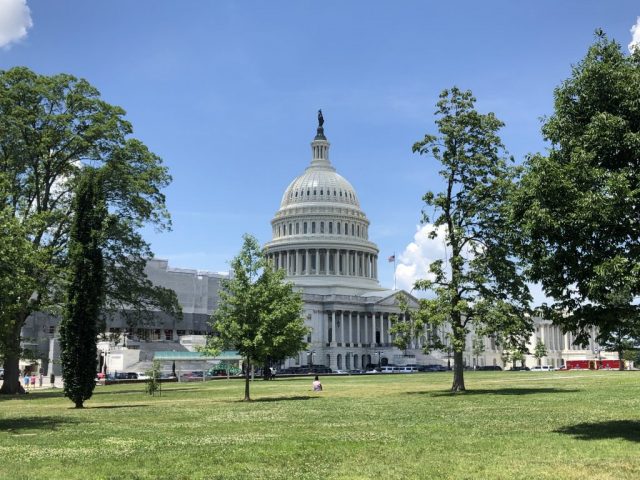
Permanent TCJA Cuts, New Savings Accounts, and Controversial Carveouts Included in Landmark Legislation
WASHINGTON, D.C. — July 2, 2025 — In a major move to reshape U.S. tax policy, Senate Republicans have passed the One Big Beautiful Bill Act, a sweeping legislative package that makes permanent many of the 2017 Tax Cuts and Jobs Act (TCJA) provisions while introducing dozens of new tax rules. The bill closely mirrors a similar package passed earlier by the House, but with notable differences in scope, cost, and complexity.
✅ The Good: Long-Term Certainty and Pro-Growth Provisions
At the heart of the legislation are permanent extensions of the 2017 TCJA’s individual tax cuts, including rates, brackets, and a higher standard deduction. For millions of Americans, this means continued simplicity and predictability in filing taxes.
One of the most impactful economic provisions is permanent full expensing for investments in short-lived assets and R&D, projected to boost long-run GDP by 0.7%. Both the House and Senate also raised Section 179 expensing limits for small businesses, encouraging investment in equipment.
On the controversial State and Local Tax (SALT) deduction cap, the Senate bill raises the cap to $40,000 for earners under $500,000 from 2025 to 2029 before reverting to the original $10,000 cap, a compromise that outpaces the House version, which locks in the higher threshold permanently.
The estate tax exemption is raised to $15 million starting in 2026, indexed to inflation. Additionally, both bills overhaul international tax provisions, aiming to reduce the risk of tax hikes on U.S.-based multinationals.
Green energy tax credits from the Inflation Reduction Act are also pared back significantly—by about $500 billion over a decade. Several credits are repealed or limited, though the Senate bill controversially expands credits for carbon sequestration and clean fuels.
⚠️ The Bad: Pricey Carveouts and a Bloated Budget Hit
The bill doesn’t come without a hefty price tag. The Senate version reduces revenue by an estimated $5 trillion over the next decade (compared to $4 trillion in the House bill), resulting in a projected $2.9 trillion increase to the deficit, even when accounting for economic growth.
Critics also point to politically motivated carveouts like:
- No income tax on tips, overtime pay, or auto loan interest
- New deductions for certain seniors
These provisions, projected to cost over $350 billion in just four years, introduce new inequalities and complexity into the tax code, say analysts.
The bill also permanently extends the 20% pass-through business income deduction, while the House increases it to 23% — a move that some argue worsens the imbalance between corporate and non-corporate tax treatment, costing up to $800 billion in lost revenue.
😵 The Ugly: More Complexity, Not Less
Despite the rhetoric of simplification, the bill adds layers of complexity with new rules and savings vehicles. Among them is the headline-making “Trump Account”, a new tax-advantaged savings account for children born in the next four years. It includes:
- A $1,000 “baby bonus”
- Contribution limits of $5,000/year
- Withdrawals taxed based on usage, with strict penalties for non-qualified expenses
The bill also expands existing savings accounts (529 plans, ABLE accounts), but critics say these tools are redundant and hard to navigate—especially for low- and middle-income households who rarely use them.
New conditions and restrictions on green energy tax credits, wage compliance rules, and donor credits for scholarships add further complications to an already dense tax system.
📊 The Bottom Line
While the One Big Beautiful Bill Act delivers some clear wins — like long-term stability for households and pro-growth investment incentives — it also balloons the federal deficit, complicates the tax code, and prioritizes political giveaways over meaningful reform.
The Tax Foundation called it “a missed opportunity to clean up the tax code,” noting that more could have been done to offset costs through broader reforms or repeals of inefficient tax breaks.
House Republicans approved a massive package Thursday of President Trump’s domestic priorities, ending months of fierce debate and internal GOP clashes to deliver a huge victory to the president just before the holiday weekend.As the bill heads to reconciliation between the House and Senate, all eyes will be on how — or if — lawmakers trim the fat without compromising the core reforms.










